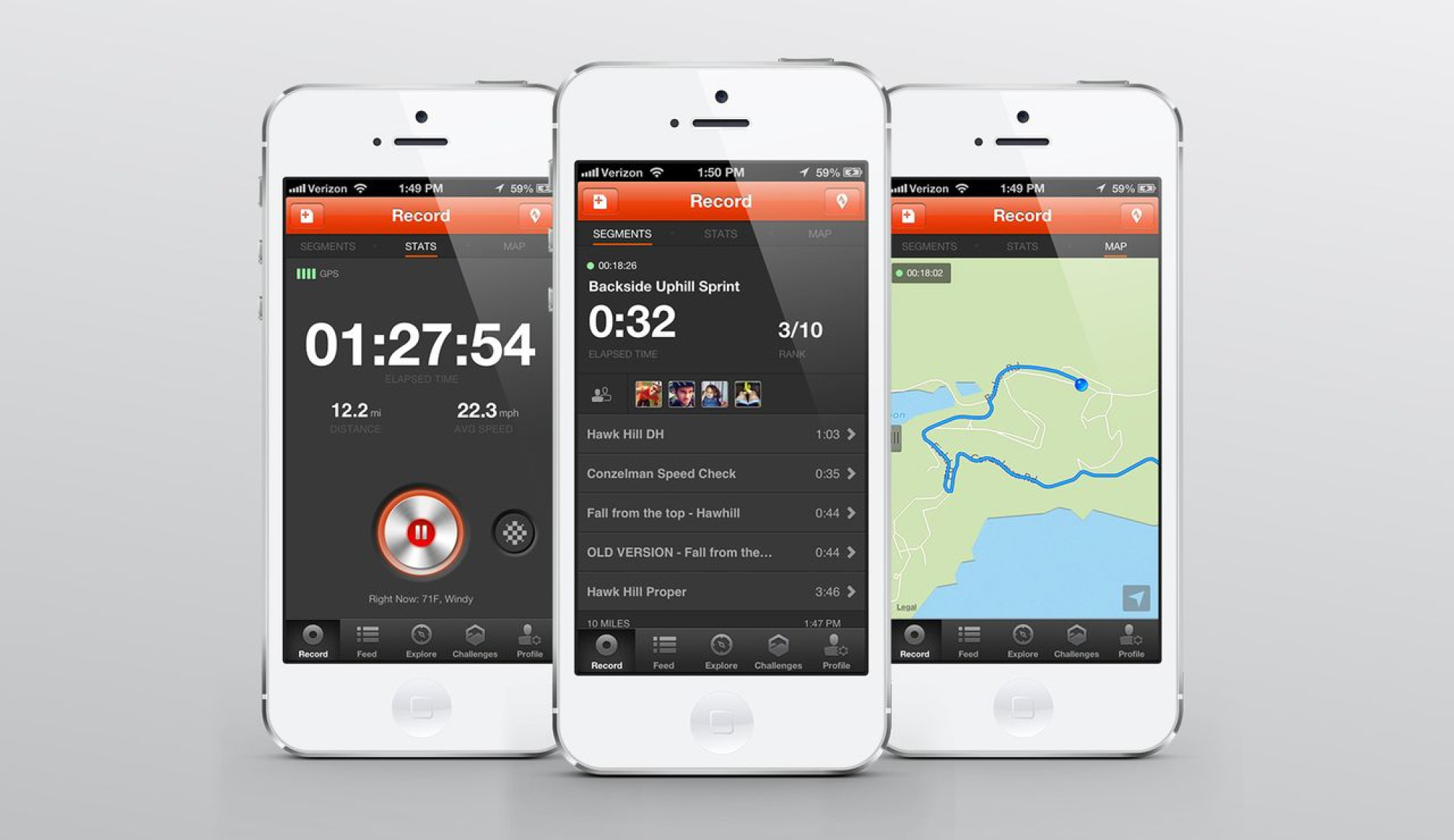
Running or cycling without tech: the joys of ditching data and being left to your own devices
- Using gadgets and stats to measure performance has captured the imagination, but perhaps at the exclusion of a sense of adventure
- Rather than obsessing about devices, apps and the data they generate, it may be healthier for non-elite athletes to use them more sparingly
When you glance down at the handlebar “cockpit” of many cyclists, it’s like looking at a mini computer terminal or the flight deck of a small fighter plane.
These devices and their data can be useful tools for some. They can help you to monitor and gauge your performance and progress, and to find your way home – but is that what it’s really all about?
Mind over data
People have different reasoning depending on their goals and lifestyle, yet it could be argued that we risk losing the unpredictable elements of adventure and exploration, which is slightly at odds with a world steered by devices and stats – things that we all get more than enough of in our everyday lives.

If it’s not on Strava then it didn’t happen, right? Plenty of people these days are obsessed with the fitness-tracking app and its KOM or QOM (King/Queen of the Mountain) crowns, and often base their rides or runs around them. If that is what works for you then great, but there is so much more to be gained out there than those titles, especially in the mental health department.
Great expectations
In reality, most of us are not elite athletes aiming to gain a decisive extra watt of power or lose a vital 0.5 per cent of body fat to break an Olympic record or win a time-trial stage in the Tour de France.
What many of those super-elite athletes endure to attain such results usually stretches way beyond any form of monitoring and stats, and is a self-induced pain zone that few of us would really want to visit, either physically or mentally.
Even in elite-level competition, it is not uncommon to see runners or cyclists consulting their devices, watching and monitoring their outputs as if their own performance was taking place in a parallel universe.
Some will raise or lower their exertion according to the readings, perhaps easing off the gas as if they were machines about to overheat, rather than listening to their body and being guided by their own judgment and determination – things that no device can measure.
Feelgood factor
Devices are just that: computerised machines. They do not know or care if you don’t feel 100 per cent, or if you want to take it easy or stop for a coffee, or whether the wind is in the wrong direction, or necessarily if there’s a broken road or trail ahead.
When it comes to your mental health in particular, there is a huge amount to be gained from putting down those devices and the connectivity, and simply going out there and enjoying the experience.
Why not look up and around, smell the fresh air, take in the sights and go by feel and your own judgment? This unwired approach not only gives you a break from over-connectivity in your daily routine, but can also draw you out of your comfort zone and quite possibly show you a whole different side to your given sport, putting the soul back into it rather than reducing it to stats.
Ross Barkley challenge: fake 5km sparks online trolling
To some, this may sound heretic, almost akin to ditching social media – but you have nothing to lose by trying some device-free days. If a full device detox sounds rash, then why not stash them in your pocket and pick up the stats later?
You may learn more than any device can tell you.
Get lost
The same goes for GPS devices: rather than restricting yourself to routes and directions plotted on those tiny screens, why not take the odd trail or road that you’ve never been along before?
It may well arrive at a dead end, but then again, you could discover routes that you never knew were there. Broadening your horizons by adding a little exploration and uncertainty, can be extremely rewarding.
Plus, it doesn’t have to go on Strava (or any platform) – you can keep it all to yourself, and not have those downers that can come with losing your sector ranking or missing that extra kilometre to level up your distance targets.
